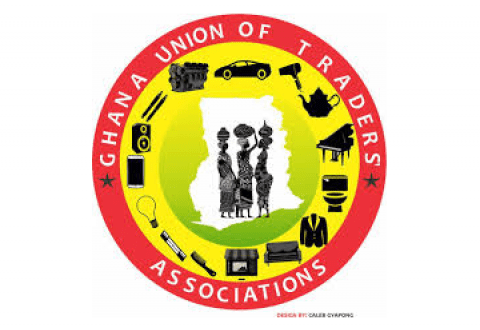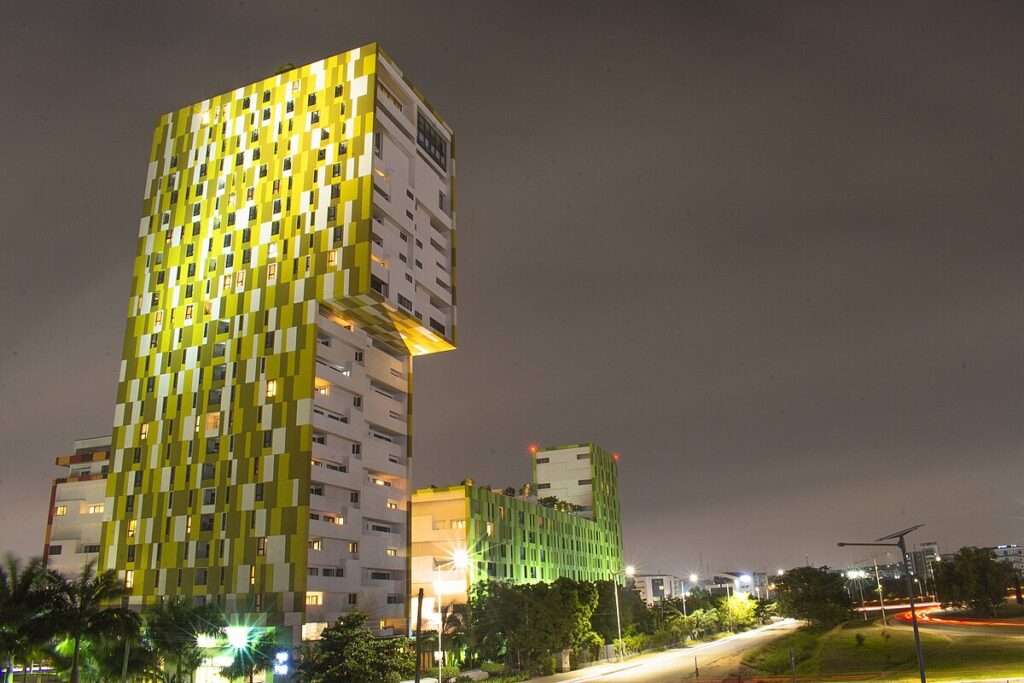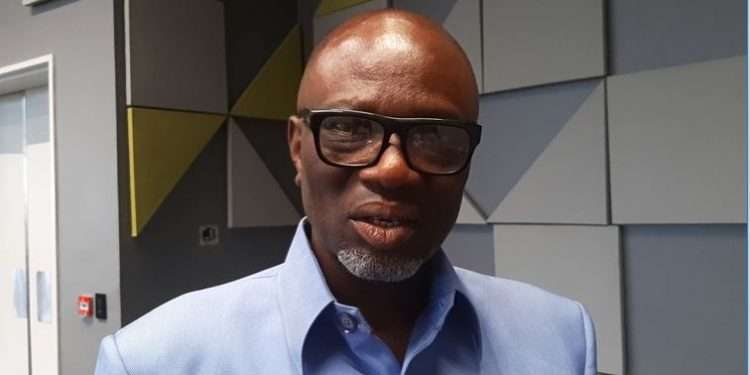The President of the Ghana Union of Traders Association (GUTA), Dr. Joseph Obeng, has painted a grim picture of the business climate in 2024, highlighting critical issues that have affected traders and enterprises across the country.
He lamented the persistent economic challenges that have undermined business growth and stability.
“The major factor that influences and affects key economic indicators, such as inflation, interest rates, and the stability of the local currency, has been the forex exchange.”
Dr. Joseph Obeng President of the Ghana Union of Traders Association (GUTA)
Comparing past years, he provided an in-depth analysis of the cedi’s performance. He recounted;
“Going back to the preceding years of 2022, we started the year with an exchange rate of 6.4 Ghana cedis to the dollar and ended the year at 15.5 Ghana cedis. This resulted in a depreciation of capital by about 52%.
“From the second quarter of 2023 to the last quarter of the year, also saw some stability of the local currency that averaged around 12.5 Ghana cedis to the dollar. Until it started going up somewhere in December through to 2024, where it peaked at 16.5 to 17 Ghana cedis, which also resulted in the depletion of capital of about 20%.”
Dr. Joseph Obeng President of the Ghana Union of Traders Association (GUTA)

This depreciation, he stressed, has far-reaching consequences for business operations as the cost of doing business in Ghana has surged. He added;
“Duty payments have gone up the roof because they are benchmarked against the ever-increasing dollar rate. Increases in utilities also did not help at all, it led to the increase in cost of manufacturing and other cost of running our business.’’
Dr. Joseph Obeng President of the Ghana Union of Traders Association (GUTA)
According to him, freight charges have also contributed to the spike in prices for goods and services in the market. He reiterated that Inflation remained a persistent problem for businesses. Reflecting on past trends, Dr. Obeng noted;
“Inflation peaked at about 54% during the last quarter of 2022. Although it has since dropped to 23% in 2024, it is still a significant burden on businesses.
“Interest rates, which soared to nearly 40%, have only come down slightly, with the monetary policy rate reducing to 29%. These high rates continue to hamper business growth.”
Dr. Joseph Obeng President of the Ghana Union of Traders Association (GUTA)
Impact of the Election Year
He pointed out the typical challenges of doing business in Ghana, especially during election an election year. Dr. Obeng observed;
“2024 being an Election year also slowed down businesses. Turnover has reduced, because of the high prices of goods and services. And also, the fact that we were in the election period.’’
Dr. Joseph Obeng President of the Ghana Union of Traders Association (GUTA)
Despite the overwhelming challenges, Dr. Obeng acknowledged a few positive developments in 2024. He pointed to efforts by the Bank of Ghana to stabilize the cedi and reduce inflation.
“The last part of the year saw a semblance of stability in the local currency, even though it was not drastically down.’’
Dr. Joseph Obeng President of the Ghana Union of Traders Association (GUTA)

According to Dr. Obeng, these are positives, but they are still not on the higher side, even though the Bank of Ghana report says the Cedi has appreciated among other currencies. However, Dr. Obeng emphasized that more efforts are demanded to bring these indicators further down to help boost businesses in the country.
Dr. Obeng concluded by urging policymakers and stakeholders to implement more effective strategies to address the lingering challenges going forward.
One can boldly say that, from the depreciation of the cedi to the rising cost of doing business, traders have faced a challenging environment in the year 2024.
While there have been some improvements, such as reduced inflation and slight currency stabilization, work still needs to be done to ensure a more business-friendly economic climate.
READ ALSO; Davido Breaks Record For Highest Streaming Week in Nigeria























